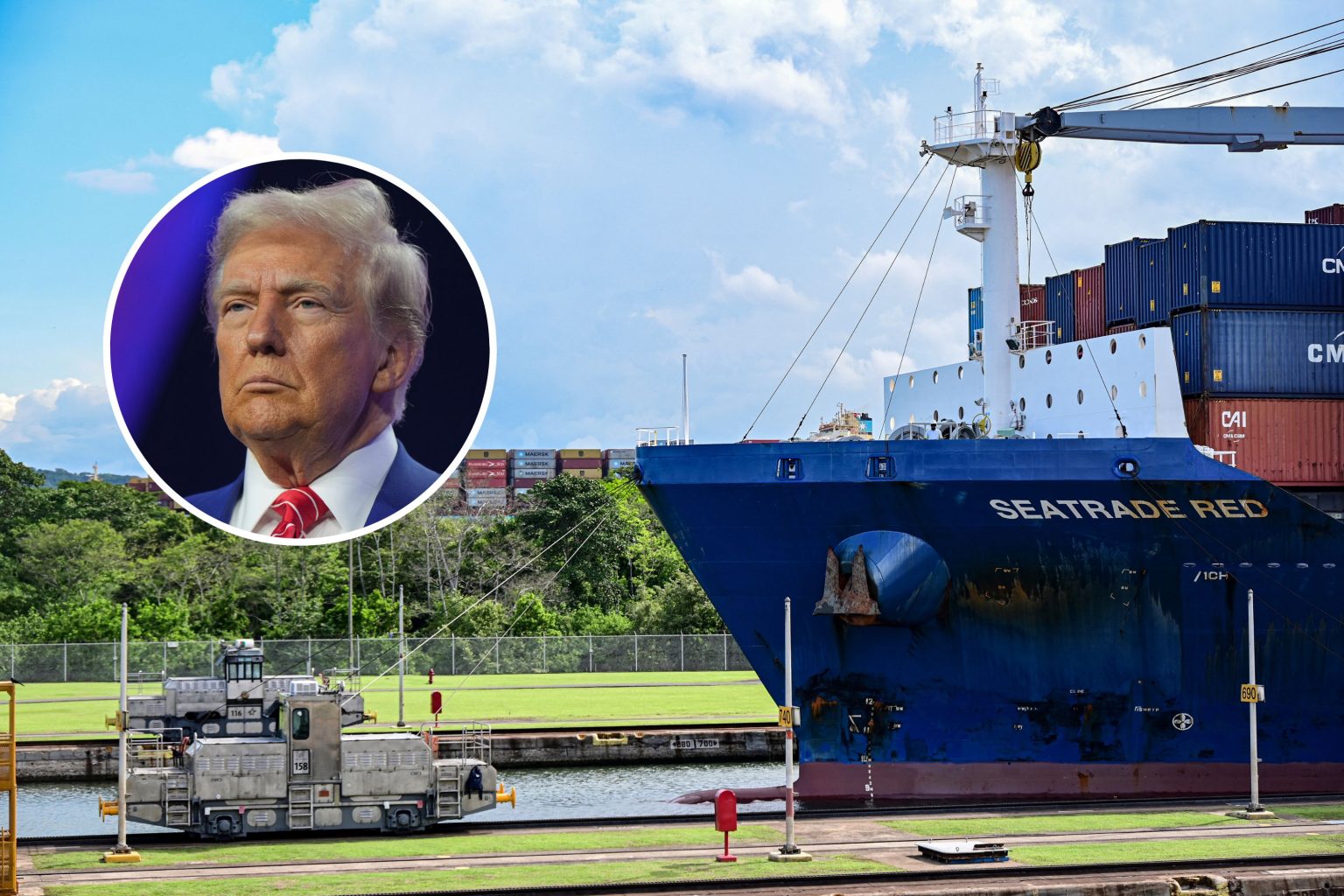Donald Trump’s assertion that China controls the Panama Canal and that the United States should reclaim it due to alleged overcharges and lack of control is demonstrably false and rooted in a misrepresentation of historical and contemporary realities. The Panama Canal has been under the exclusive sovereignty and operational control of Panama since December 31, 1999, following the implementation of the Torrijos-Carter Treaties signed in 1977. These treaties, a landmark achievement in international diplomacy, marked the peaceful transfer of control of the canal zone back to Panama, effectively ending decades of U.S. administration. Trump’s claim, therefore, ignores the established international legal framework and the historical context surrounding the canal’s management.
The crux of Trump’s argument hinges on the presence of Chinese investment and commercial activity around the canal, conflating this with operational control. While it is true that a subsidiary of Hong Kong-based CK Hutchison Holdings manages two of the five ports near the canal entrances and that Chinese firms have invested heavily in infrastructure projects, including a billion-dollar bridge, these are commercial ventures distinct from the canal’s administration. These investments are part of a broader trend of Chinese engagement in global infrastructure development and do not translate into control over the canal itself. The Panama Canal Authority (PCA), a Panamanian government agency, retains full authority over the canal’s operations, management, and tariff setting.
Trump’s claim of “absolutely no say” in the canal’s operation is similarly misleading. The Torrijos-Carter Treaties guarantee the canal’s neutrality and ensure its accessibility for international shipping, including vessels from the United States. The U.S., in fact, remains the canal’s most frequent user, highlighting its continued strategic and economic importance to American interests. The treaties provide a framework for cooperation and consultation between the U.S. and Panama regarding the canal’s security and operation, ensuring American interests are considered without impinging on Panama’s sovereignty.
The allegation of overcharges levied by Panama appears to be another element of Trump’s justification for reclaiming the canal. However, the PCA has clearly articulated the rationale behind tariff adjustments, citing the need for ongoing maintenance, modernization, and expansion of the canal to accommodate growing global shipping demands. The canal’s expansion, a multi-billion dollar undertaking, aims to increase capacity and efficiency, allowing for the passage of larger vessels and further enhancing its role as a crucial artery of global commerce. These investments are essential to the canal’s long-term viability and competitiveness, and the tariff adjustments reflect the substantial financial commitments required for such projects.
Panamanian President Jose Raul Mulino has vehemently refuted Trump’s claims, emphasizing Panama’s unwavering sovereignty over the canal. He has underscored the transparency of the PCA’s tariff-setting process and the vital role of these tariffs in financing the canal’s upkeep and expansion. Mulino’s response reflects the strong national sentiment in Panama regarding the canal, a symbol of national pride and a key driver of the country’s economic prosperity. His firm stance reinforces the international legal framework that recognizes Panama’s exclusive control over the canal and underscores the importance of respecting international treaties and sovereign rights.
In conclusion, Donald Trump’s statements regarding the Panama Canal are demonstrably false. They are based on a mischaracterization of Chinese commercial activity, a misunderstanding of the Torrijos-Carter Treaties, and a misrepresentation of the PCA’s financial management. The Panama Canal is firmly under Panamanian control, its operations are governed by an independent Panamanian agency, and its tariff structure is designed to ensure its long-term viability and contribute to Panama’s economic development. The U.S., while no longer in control of the canal, retains significant interests in its operation and continues to benefit from its strategic importance as a vital link in global trade. Trump’s rhetoric not only disregards historical and legal realities but also undermines the spirit of international cooperation and respect for national sovereignty.

